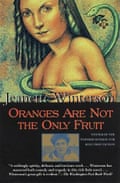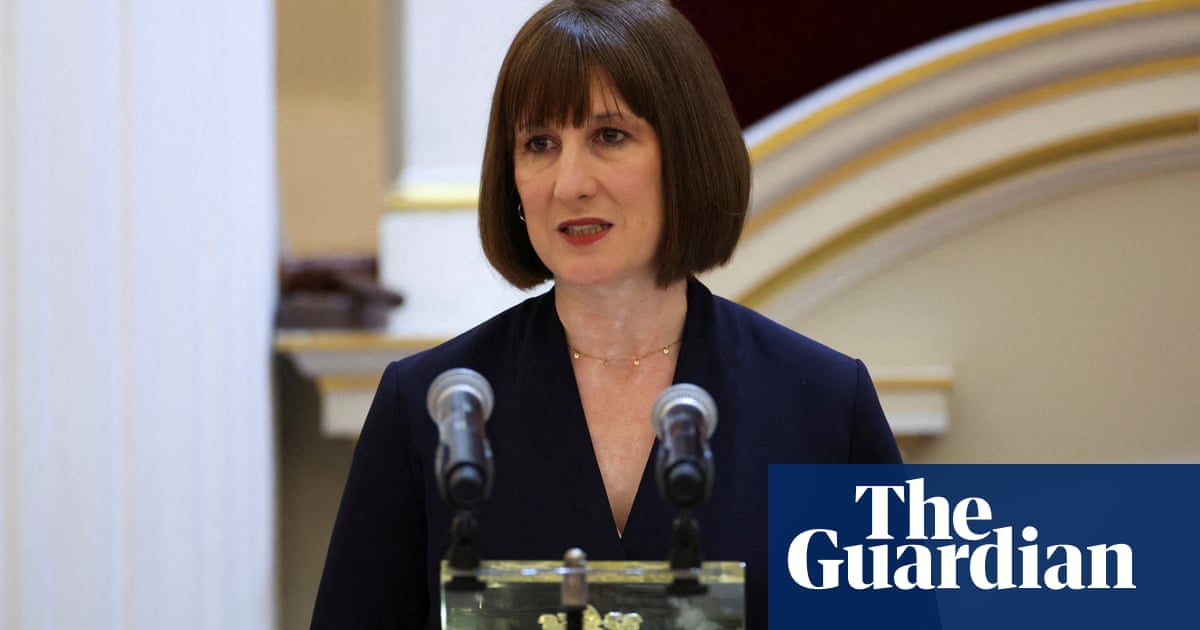I met Philippa Brewster in 1983. She was a commissioning editor at Routledge & Kegan Paul – in those days an independent London publisher, specialising in nonfiction. Philippa had been given the go-ahead by RKP to launch Pandora Press. Back then, publishing was a male-dominated industry. Editors were men, authors were men, reviewers were men. This was normal. Feminism had begun to change the normal.
Virago led the field in 1973, initially republishing female writers whose work had gone out of print. The Women’s Press, founded in 1978, was more directly political, and interested in the work of women of colour whose voices were not heard. Philippa saw a gap in the market for a nonfiction imprint covering history, biography, travel, cultural studies – the kind of books she was already championing as an editor, now given the boost of their own brand and a marketing budget.
Pandora advertised for a publicity director. I had no idea what this meant. I was 23, and my CV, such as it was, was in theatre. But I got an interview. Philippa sat at her desk, elegant and humorous, and saw at once that I was not fit for purpose. I realised it too. She took me back downstairs, where my bike was chained to a lamp-post, and I started to tell her about my idea for a novel, with chapters that followed the first seven books of the Bible. Philippa had been raised Catholic, and educated at St Mary’s Convent, Ascot. She knew all about the Bible, and as we stood on the street, I rambled on with stories about Winterson world, that peculiar planet of my upbringing.

My adoptive parents were Pentecostal. I was supposed to be a missionary. In Accrington, Lancashire, in our terrace house with no bathroom, books were forbidden, unless they were religious. I left home at 16, because I had no choice. I had fallen in love with another girl.
Philippa asked why it wouldn’t be nonfiction. It was an astute question. I had told her I would use my own name – Jeanette – for the main character. I said I wanted to go beyond biography. Too limiting. Too obvious. And as all adopted children know, there’s a story hidden behind the story. We arrive in our life after it has begun. The first few pages are torn out. This discomfort set me wondering about how I could tell who I am … in both senses of the word.
I solved it by learning to read myself as a fiction as well as a fact. This meant I could rewrite, overwrite, and go on writing myself. It was the only way out of a set of circumstances that would otherwise have crushed me. “I discovered this in the library,” I told her – beginning yet another riff on the insights gleaned from the shelves of English Literature in Prose A-Z.
Philippa said: “If you can write it the way you tell it, I’ll buy it.”
I cycled home to Kentish Town, counted my cash, and bought a huge, secondhand office typewriter – the kind that used cassette ribbons. That, plus Alpine quantities of Tipp-Ex, produced the chapters that became Oranges Are Not the Only Fruit.
Months later, I set off back to Store Street, just off Tottenham Court Road, with a manuscript in my saddlebag. I couldn’t afford to get it photocopied, and as Philippa was at lunch with a real author, I refused to hand it over at reception, sitting there until she came back.
The person she came back with was Dale Spender – pioneering feminist thinker and writer. Philippa had published Dale’s culture-shock exposé of gendered language, Man Made Language, in 1980. Dale was a driving force behind Pandora.
Philippa seemed surprised to see me. She introduced me to Dale, then gave me a copy of her book. I had no idea what gendered language meant: an Oxford English degree in my day had nothing to say about female writers unless they were the Brontës, Jane Austen or George Eliot. Virginia Woolf wasn’t on the syllabus.
Dale had a quick look at the first page of my manuscript. “Philippa! This is a fantastic opening.” She read it out loud, in her Brisbane accent.
“Like most people I lived for a long time with my mother and father. My father liked to watch the wrestling, my mother liked to wrestle.”
They took the manuscript upstairs.
A week later I had a book deal worth a thousand pounds. Pandora Press was now going to publish fiction. The shaping spirit behind the choices made by Philippa and Dale was to argue against the assumption that fiction by women was women’s fiction. Back then, even a writer as astonishing as Angela Carter was still trapped in a box. All of the women’s presses worked to be the change they wanted to see. A young woman with a job in publishing now, will see herself surrounded by other women, publishing writers who are women, and it’s normal. That’s a success story.
Philippa and I became friends, eventually lovers, though she was married at the time. Our romantic relationship didn’t last long – I was too wild and too damaged to understand her decency, loyalty, integrity. And too young. The success of Oranges sent me ricocheting round London like a pinball sprung with ketamine.
Philippa never let me down and never let go. We stayed friends, in those early years, because her generosity made it possible. At Jonathan Cape, where she worked for a while as an editor, Philippa published my novel Written on the Body (1992). The unnamed narrator has no gender. I had learned my lessons from Dale.
That novel met with mainstream hostility at the time, though its reputation steadily increased. When the New York Times slotted it into the top 25 postwar Queer novels, Philippa was quietly satisfied. She had good judgment, and she knew it.
On her 70th birthday, we sat together, with her partner, Hilary, in the Newlyn movie theatre watching Singin’ in the Rain. Her cancer diagnosis in 2022 was a shock. The suddenness of her death is hard to bear.
In Penzance, on the prom, 10 days before she died, and the last time she was able to go outside, we talked about everything we had done together – our 40 years of friendship. As we sat in the sharp sun, she said she would never forget when, and how, we met. She gave me the signet ring from her little finger. She was wearing it on the day, so long ago, and so near to me, when she gave me the chance that became my life.
Philippa Mary Pauline Brewster, 29 December 1949-15 October 2024.

.png) 1 month ago
12
1 month ago
12













































